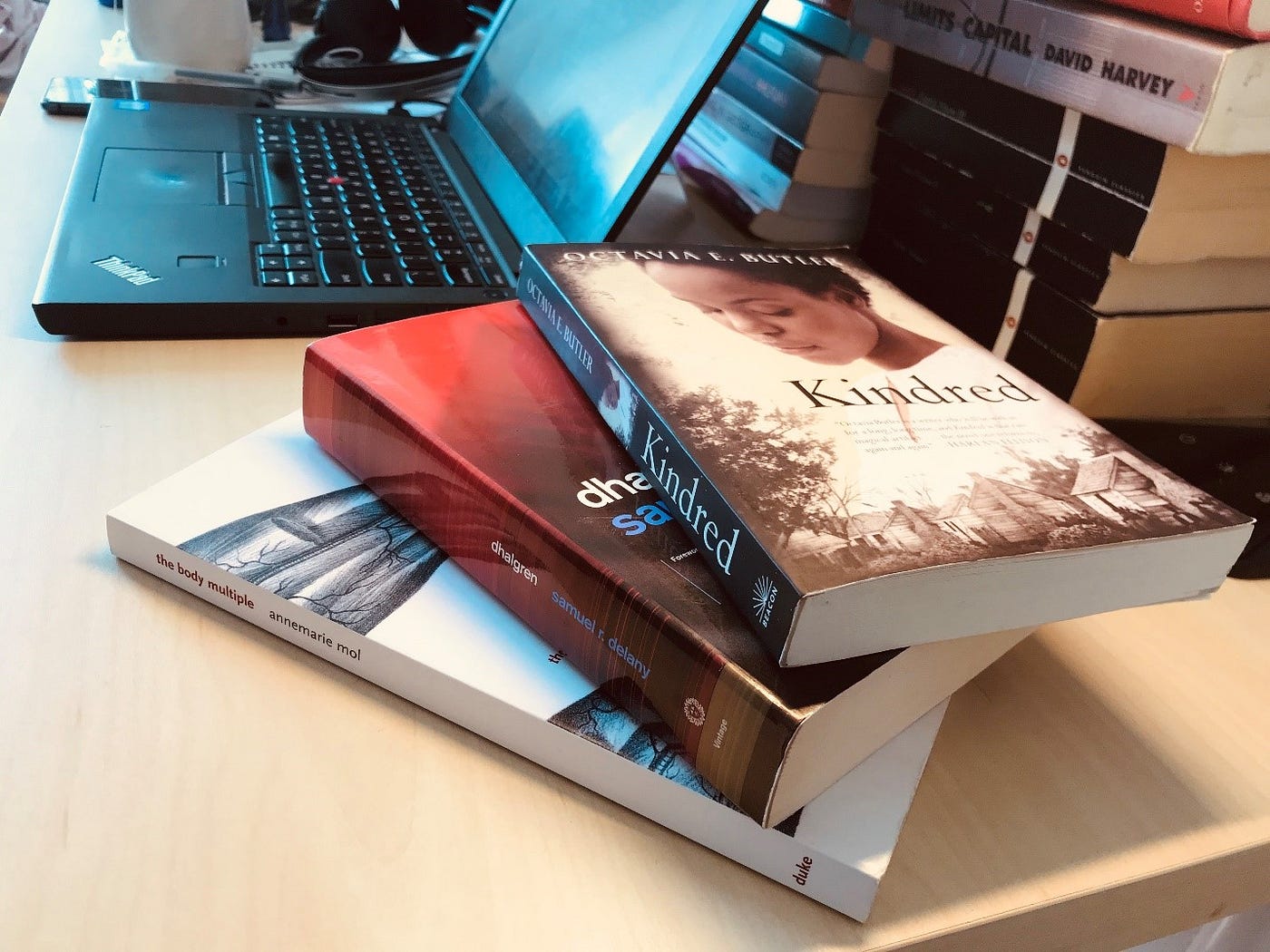1. What is your role in BC GOV and what product are you currently working on at the Exchange Lab?
I’m currently acting as a senior project manager for the Climate Action Secretariat’s Clean Growth Branch. I focus the majority of my efforts serving as the Product Owner for the Greenhouse Gas Industrial Reporting and Control System (GGIRCS), a suite of digital services developed in large part due to the support and guidance of the Exchange Lab. GGIRCS seeks to improve industrial greenhouse gas data collection, management, and analysis for the Clean Growth Branch’s Emission Reporting, Compliance and Enforcement, and CleanBC Industrial Incentive Programs.
2. What do you like most about working at the Exchange Lab?
The Lab offers public servants, vendors, and folks in Victoria’s tech communities a common space for collaboration and (thoughtful) experimentation. At the lab, we’re encouraged to try new approaches and technologies while always reflecting on the costs, benefits, and impacts associated with any decisions we make. The Lab places an emphasis on working through a loop of testing/introspection/adaptation that enables people to pause and interrogate the logics shaping our work, the work itself, and identify approaches that may result in continuous improvement. The Lab also creates the social infrastructure to forge connections with other Ministries and organizations in ways I never anticipated.
3. Do you have a favourite failure or apparent failure that has set you up for later success?
As a parent, I begin and end each day with failure. It’s an ever-present feature that organizes my life. Kids are autonomous creatures that need care and protection, and it can be really challenging (especially when they’re really young) to get them to conform to a guardian’s desires or expectations. For instance, you can’t really solve colic, identify and implement an effective solution for sleep regression, or convince a 2-year-old to wear pants. Sure, you can find temporary or even long-term mitigation strategies to parenting challenges, but every parenting ‘win’ or success I’ve had resulted from serious and continuous self-reflection, effective communication, introspection, and adaptation. So, to answer the question, I guess my ‘favourite failure’ would be being a mom because it forces me to remain honest in my communications, reflexive about my own position in a given situation, and adaptable to changing conditions.
4. What is an absurd thing you love?
Hmm, if one loves a thing, then would they consider it absurd? Things I love that other people might label as absurd include but are not limited to: Brussels sprouts; vegan mint chocolate chip ice cream; feminist new materialist philosophy; Bitcoin; sci-fi (but good sci-fi, you know?); the artists, Bjork, Ben Frost, and Burial; and the aesthetics of industrial wastelands.
5. What is a book that has greatly influenced your life?
Oh, why only one? If I have to pick a shortlist, then I’d probably have to go with Octavia Butler’s Kindred , Annemarie Mol’s The body multiple, and Samuel R. Delany’s Dhalgren.
Kindred (and anything by Octavia Butler, really) is this amazing interrogation of the embodiment of power relations. Butler had this knack for uncovering flows of power that operate in ways that can be simultaneously oppressive and generative, while also tracing out the microphysical realities of injustice and oppression. Kindred is a great reminder to reflect on the contexts of situations instead of making generalizations, and that identifying systems or acts of oppression is an entirely different exercise than any liberatory intervention. The book also has time travel, and I find that cool.


